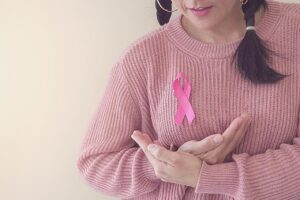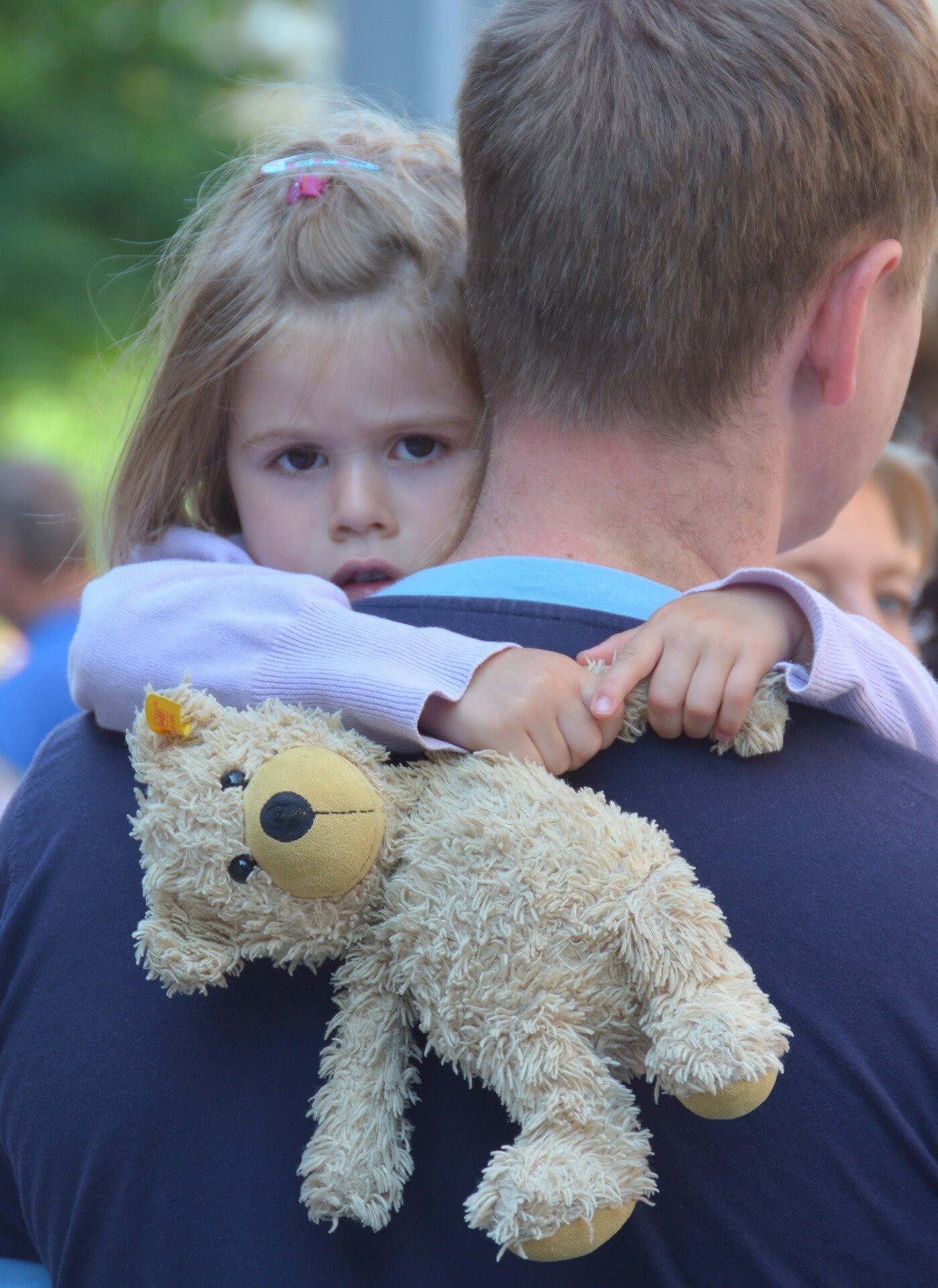
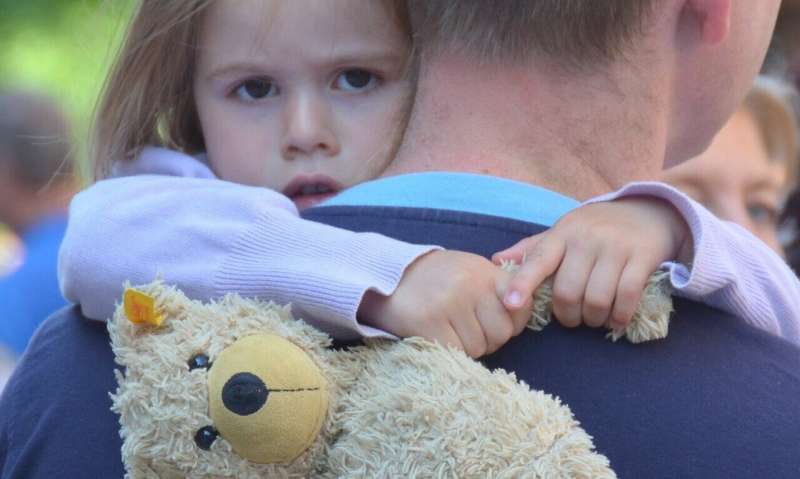
Past psychology studies have consistently highlighted the link between adverse and traumatic life events and mental health problems. Better understanding the intricate relationship between stressful life events and the emergence of psychopathology in childhood could inform psychotherapeutic practice, potentially enabling the development of more effective interventions.
Researchers at Boston Children’s Hospital recently carried out a longitudinal study exploring the effects of the timing of stressful events, exposure to different types of trauma and family resilience on the experience of internalized and externalized symptoms of psychopathology in childhood. Their findings, published in Communications Psychology, highlight specific factors that could influence the emergence of mental health problems following difficult life events.
“The association between stressful experiences and psychopathology is well documented,” wrote Viviane Valdes, Dashiell D. Sacks and their colleagues in their paper. “However, studies are needed to understand the impact of timing of stressful events, types of traumatic experiences, and of family resilience on internalizing and externalizing symptoms in early childhood. The present study used a longitudinal design towards this end.”
As part of their study, Valdes, Sacks and their colleagues examined the impact of stressful events on two different types of psychopathological experiences, namely internalizing and externalizing symptoms. Internalizing symptoms, such as anxiety, depression, social withdrawal and psychosomatic pain, entails directing distress and emotions inwards. In contrast, externalizing symptoms are manifested as dysfunctional behaviors directed outwards, such as aggression, impulsivity, hyperactivity and defiance of authority.
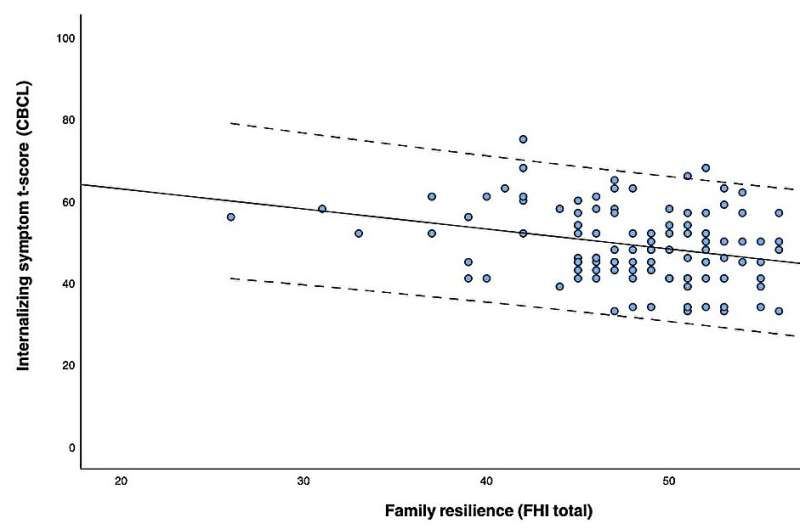
The researchers recruited 456 parents and asked them to complete the same questionnaires at different points in time, specifically when their children were infants, then when they were 2, 3, 5 and 7 years old. The questionnaire they completed was designed to obtain information about stressful and traumatic events the children may have experienced, as well as the family’s resilience and any symptoms the children were exhibiting.
Interestingly, the researchers found that stressful events experienced at 1–2 years and 2–3 years of age predicted internalizing symptoms in female participants only. The male children who took part in the study, on the other hand, did not exhibit significant internalizing symptoms when they had experienced more stressful events in their first years of life.
“For externalizing symptoms at 3 years, every time point assessed was significantly associated with more symptoms across both,” wrote Valdes, Sacks and their colleagues. “At 5 years, both internalizing and externalizing symptoms were associated with a greater number of stressful events at every time point and across sexes, There was evidence for timing effects, including cumulative effects, sensitive periods and recency effects.”
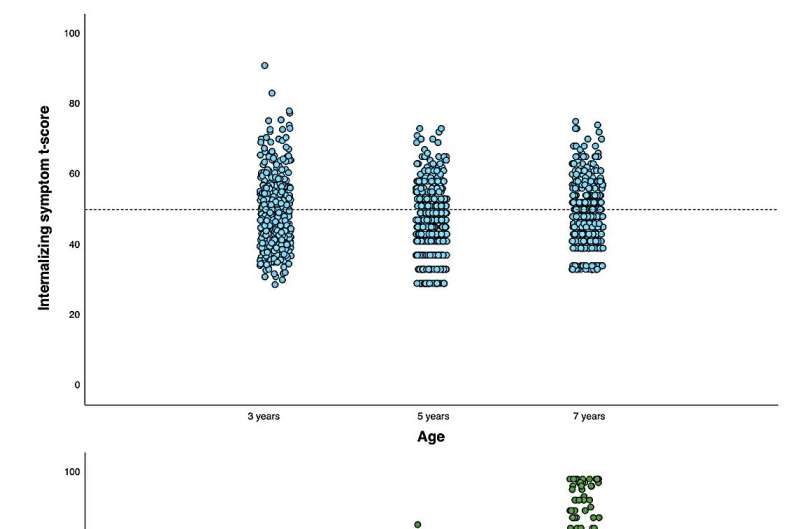
Overall, the findings gathered by the researchers highlight three factors that appear to influence the emergence of psychopathology in early childhood following stressful experiences. These factors include the timing of the stressful events, the type of traumatic experiences and some facets of a child’s family resilience.
“Exposure to interpersonal trauma was associated with greater internalizing symptoms, whereas both interpersonal and non-interpersonal traumatic experiences were associated with greater externalizing symptoms,” wrote the researchers.
“Aspects of family resilience, including higher levels of family commitment, ability to face challenges, and sense of control reduced risk for internalizing symptoms, while only a greater sense of control reduced risk for externalizing symptoms at age 7 years, including in the context of trauma.”
Valdes, Sacks and their colleagues gathered some valuable new insight that could inform the development of prevention and therapeutic interventions aimed at mitigating the adverse impact of early stressful events on mental health. Their work could also inspire other research teams to examine the unique contribution of the three factors they investigated to psychopathology (i.e., the timing of stressful events, the type of trauma and aspects of family resilience).
More information:
Viviane Valdes et al, Stress timing, trauma exposure, and family resilience differentially affect internalizing and externalizing symptoms at 3, 5, and 7 years of age, Communications Psychology (2024). DOI: 10.1038/s44271-024-00151-z
© 2024 Science X Network
Citation:
Exploring how stressful life events affect internalizing and externalizing symptoms of psychopathology in childhood (2024, November 17)
retrieved 17 November 2024
from https://medicalxpress.com/news/2024-11-exploring-stressful-life-events-affect.html
This document is subject to copyright. Apart from any fair dealing for the purpose of private study or research, no
part may be reproduced without the written permission. The content is provided for information purposes only.


